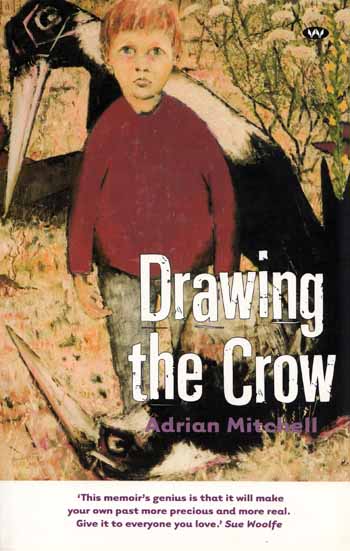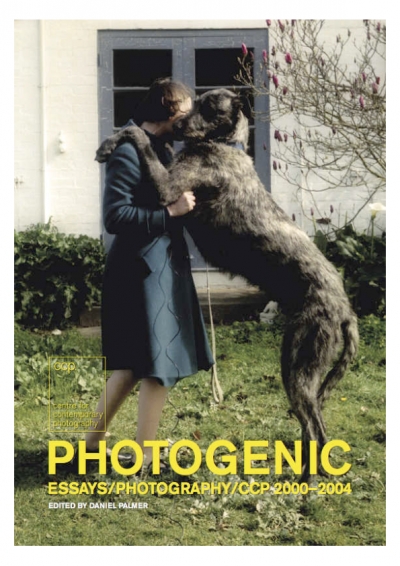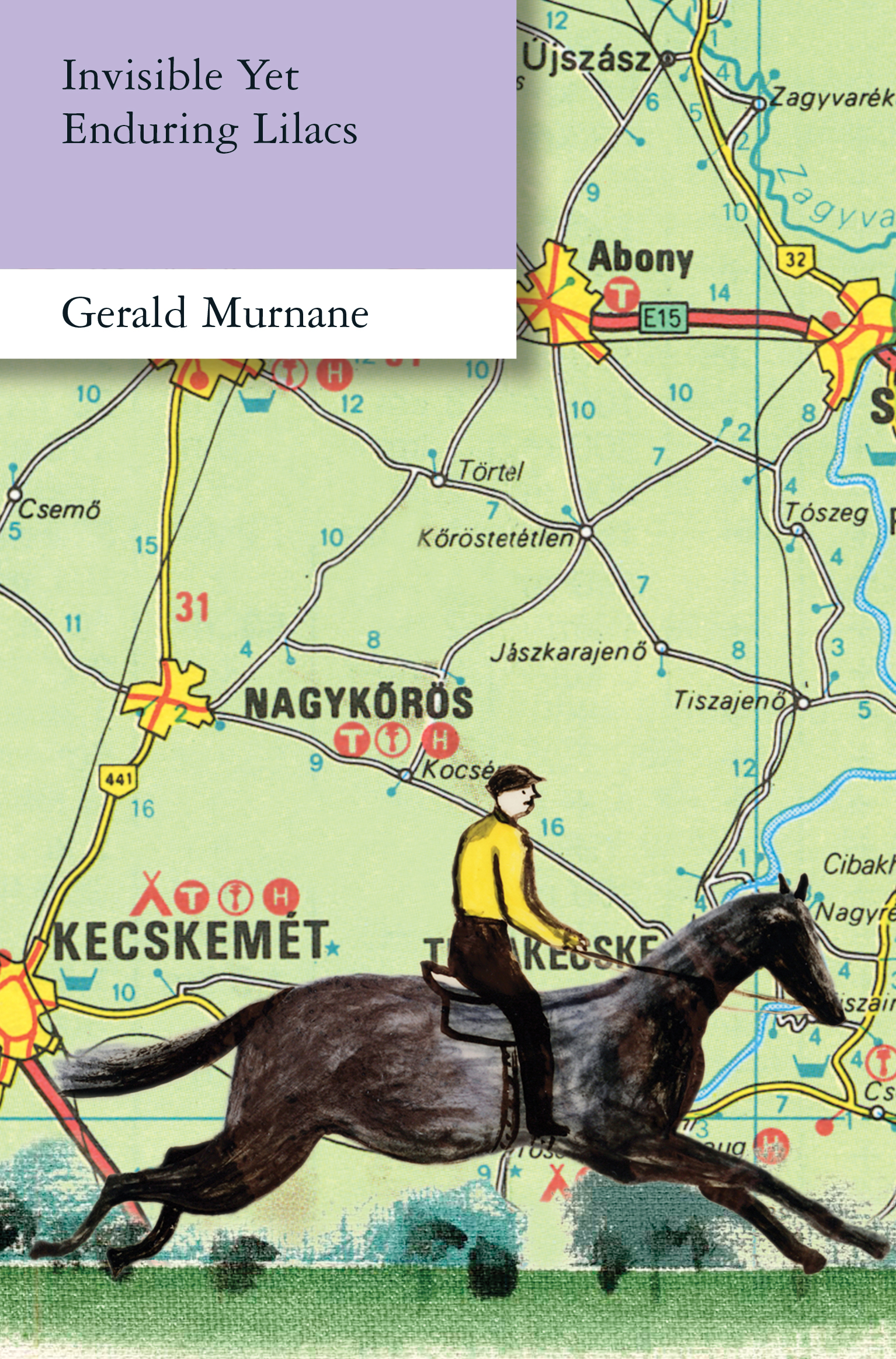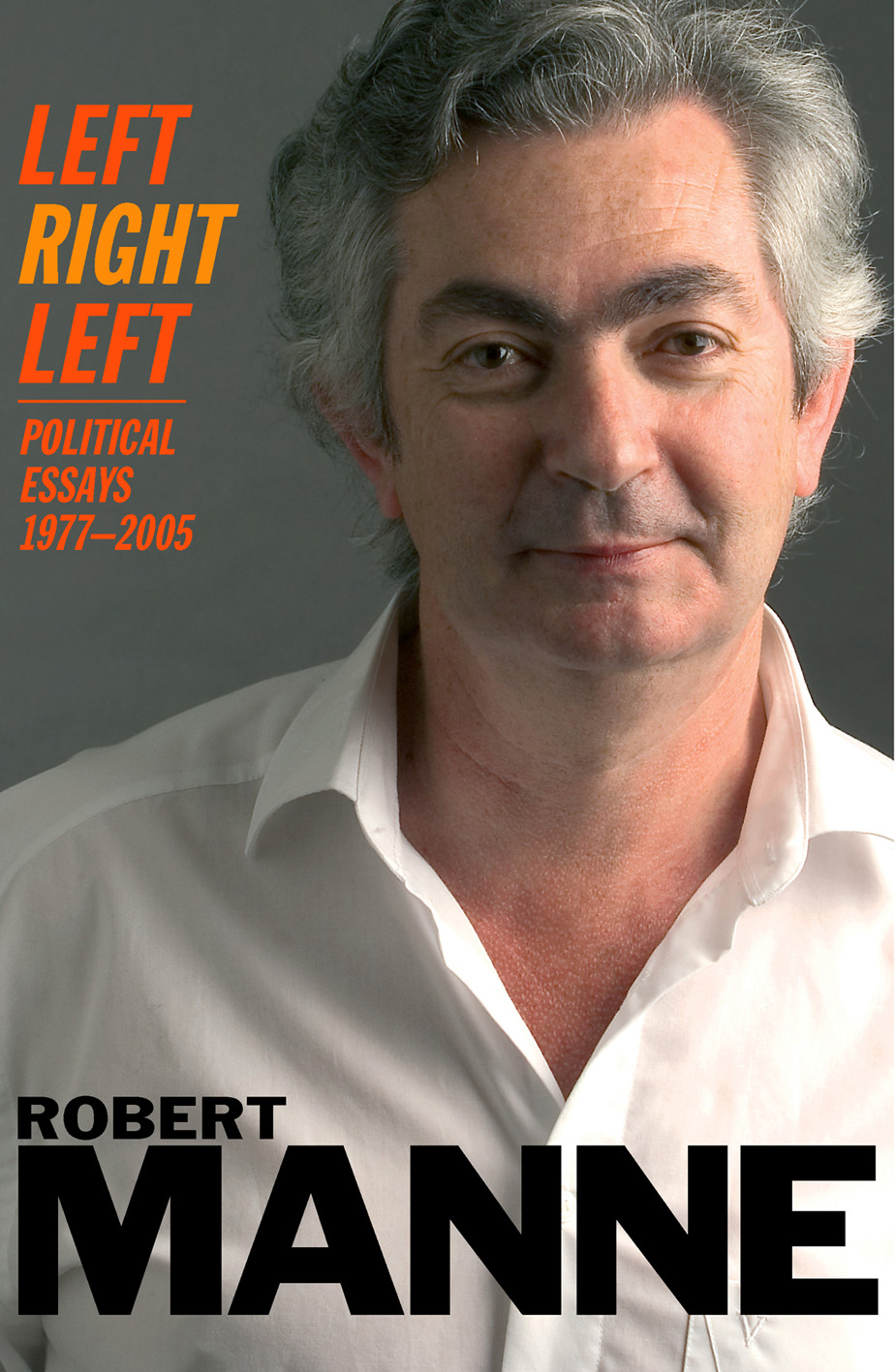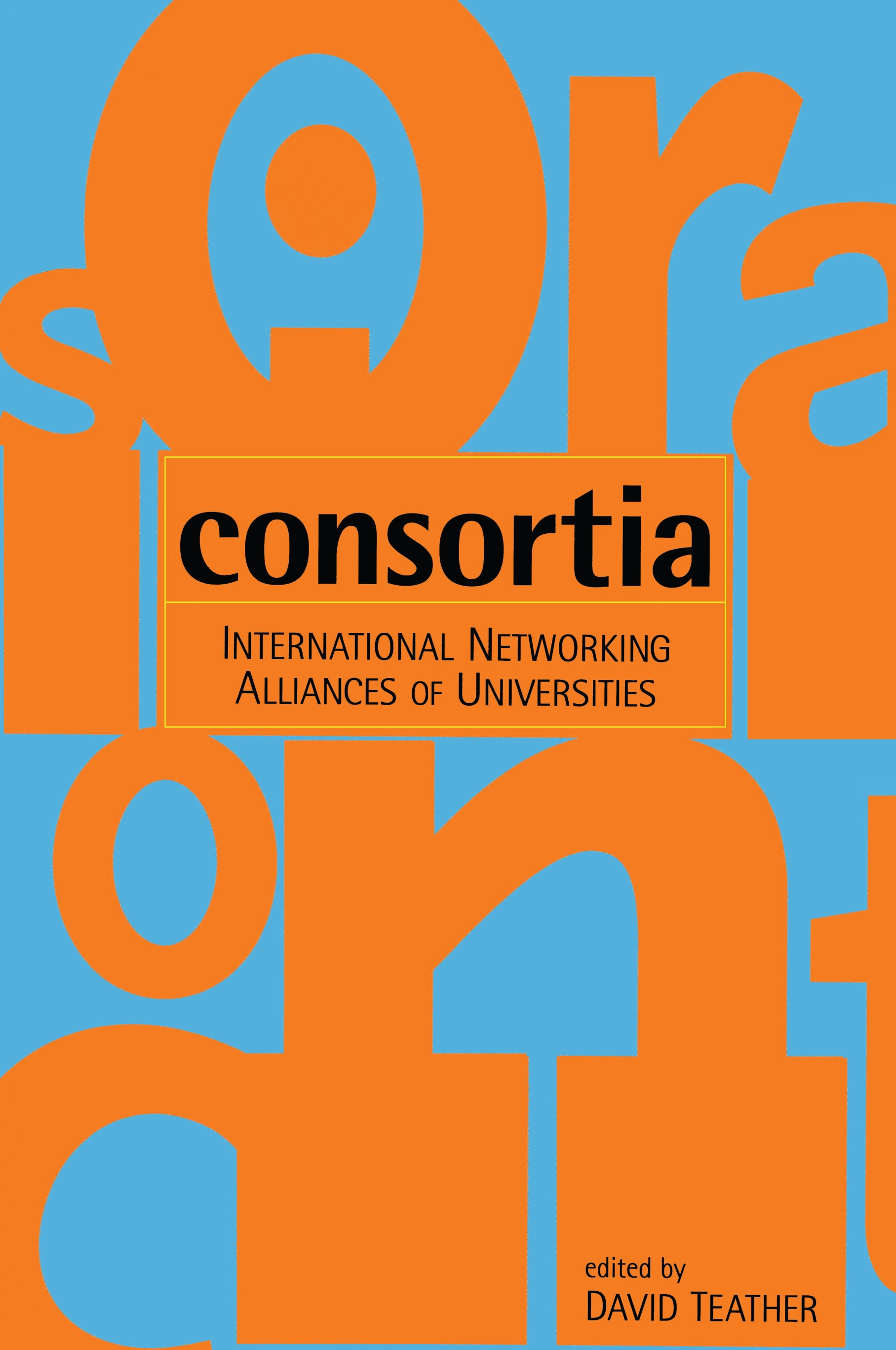Essays
Memory, Monuments And Museums: The past in the present edited by Marilyn Lake
Photogenic: Essays/photography/ccp 2000-2004 edited by Daniel Palmer
After attaining a low-luminosity arts degree, I worked for a year as a handyman in my university’s Research School of Physical Sciences. This was in 1972, when the new particle accelerator was being installed in its massive concrete tower; its assembly made my humble handyman job one of the most intriguing and happy employments I have had. We bolted together the sandblasted steel pipes for the SF6 (sulphur hexafluoride) coolant, first larding their joints with gaskets of white gunk. In a lofty workshop dominated by the monstrous ex-Krupps steel mill (a German war reparation), we hefted the odd magnetron on chainblocks that our master-craftsmen might more conveniently prepare it for installation. We crawled into the cavernous interior of the accelerator’s ‘tank’ to grind at weld-burrs until the steel surface had no tiny irregularity to which the fourteen million volts intended for the apparatus could distractingly zap. To this smooth surface we then applied a silver paint until we stood, spattered angels encompassed by our weird reflective heaven. We watched the precision tubes being installed through the centre of this tank by lanky experts from Wisconsin, knowing how, within these conduits, the particles were to be accelerated by that impressive voltage toward targets the size of my thumbnail in collisions that would explain the universe finely.
... (read more)Invisible Yet Enduring Lilacs by Gerald Murnane & Literati by James Phelan
Consortia: International Networking Alliances of Universities edited by David Teather
The Best Australian Essays 2003 edited by Peter Craven
It has been raining all week, persistent drizzle unlike the brief downpours that are more typical of Beirut. The city is slumbering. I am staying with my parents. My father goes out less often. My mother is snuggled under the blankets. She hopes the war won’t happen. The kettle is boiling like a purring cat. The house is quiet. Rain is the soporific of cities.
... (read more)
